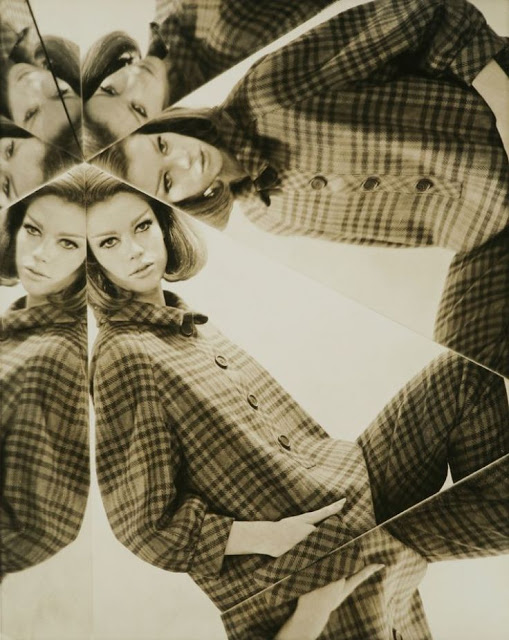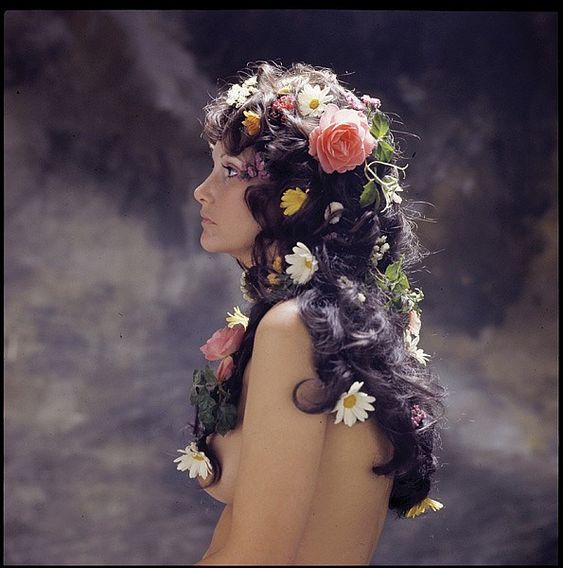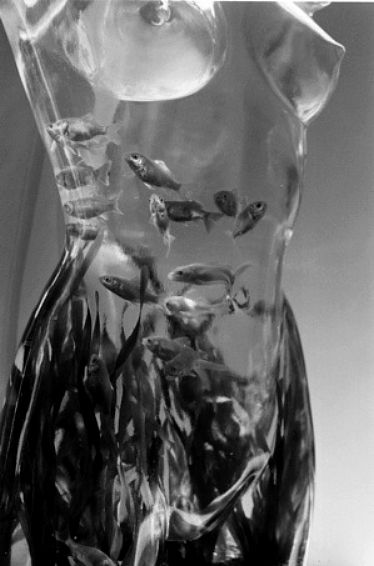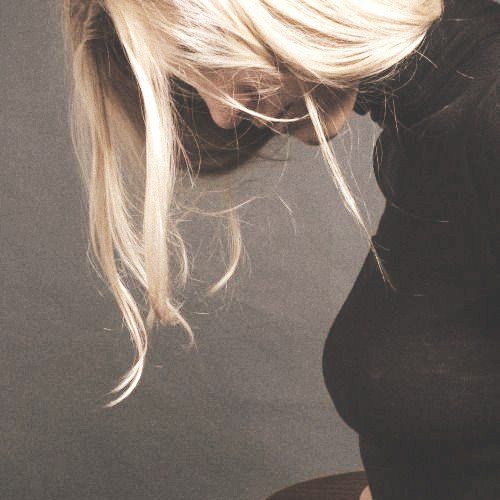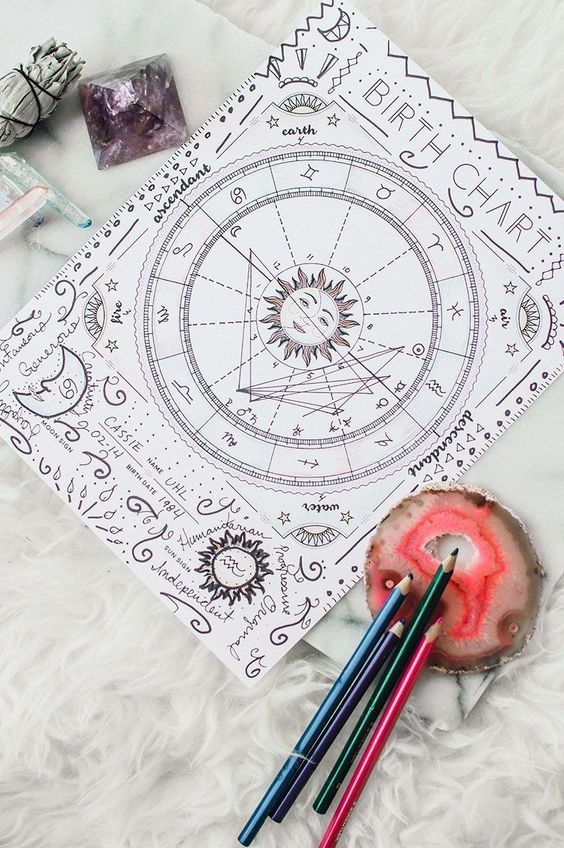 Each of the twelve houses represents a different area of life, and describes the unfolding of the human psyche and perhaps even some universal design or evolutionary purpose human beings will go through in the course of our development. When we look at the horoscope houses we begin to see that birth is not the beginning nor is death the end; it is one continual cycle.
Each of the twelve houses represents a different area of life, and describes the unfolding of the human psyche and perhaps even some universal design or evolutionary purpose human beings will go through in the course of our development. When we look at the horoscope houses we begin to see that birth is not the beginning nor is death the end; it is one continual cycle.
The 1st house implies our physical body and beginning all the way through in a cyclic journey back to the source in the twelfth house.
Below is a brief description of these twelve houses representing the various phases of life, pertaining to the same key cycle.
The First house rules the outer being an individual presents and is also known as the persona. Jung is best known for his work with the persona and shadow archetypes. The word “persona” originally meant the mask that the actor put on to assume a part in a play. The persona is our conscious outer face, our social mask that we put on to conceal the private self which lieswithin. Jung believed that those who over-identified with this mask may seriously neglect the inner-self, leading to an assortment of psychological problems. The Ascendant/1st house is our relationship to the environment and mostly refers to a kind of bridge leading to outer reality. In this astrological area it is symbolic of first meetings, new beginnings, and the way in which we ‘come across to others’. Physical appearance and mannerisms and the way one relates to the public is also shown, especially the face one presents to strangers, acquaintances, and people whom we meet for the first time.
We all know what polite society looks like – no one needs to explain it to us; we get it. But beneath our very together psychic persona, most of us are raging messes…The raging mess inside, the one one we struggle to keep under wraps as we valiantly try to make sense of our world. By Lisa Cron
Symbolically the first house symbolizes the newborn and relates to dawn, sunrise, spring and Easter – the sign to arise after death in the previous sign of Pisces. It is believed by astrologers that whatever is born reflects the qualities of the moment in time at which it was born.
The Second House is an area containing personal objects, possessions, and everything we secure and obtain. It represents all of those things which we use to support oneself. In the physical world this means food, shelter, money and the acquisition of material items. Furthermore, it also represents one’s personal values with planets here showing a deep need for security, or even something impacting how secure the individual feels in his or her world. On this level it can also reflect one’s self -worth and how much the individual assesses his worth. One can feel attached to material, luxury items, and feel a powerful urge to ‘possess’. We also meet in this domain what we hope to gain by utilizing our talents, abilities and resources to the full. On a deeper level, this is not only a house of material worth, for it signifies values, and when change our sense of value – everything changes significantly, even our inner sense of worth and a solid sense of who we are.
The Third House is influenced by Mercury which has an influence on teachers, communicators, journalists, booksellers, secretaries and clerks. The need to collect information from the environment is an important part of life. Symbolic of the early process of learning it rules over schools, books, and libraries – the urge in this sphere is to acquire knowledge, and presents the conscious mind. It corresponds to the life stage where we begin to crawl, walk, and learn our independence. Moreover, it can represent day-to day comings and goings, and the way we think, talk and our conversational abilities. Public transport, our neighborhood, siblings, and news reports are governed by this sector of the horoscope. The third house is the sphere of the intellectual, and planets found in this domain show what kind of mind a man possesses and what provides stimulation.
The Fourth House is ruled by the Moon and reflects our past. Jungian thought of the personal unconscious where instinctive and hidden feelings lie below the surface of life exist in this domain. This house is associated with our early memories and echoes of these bygone days are easily triggered throughout our adult life. For example, Proust had written a thousand plus pages of Remembrance of Things Past about his transportation back into childhood through the taste of a lemon-flavored Madeleine. All the water houses are in possession of the complex threads of family lineage and are often referred to as the ‘invisible houses’ for their unseen influence and even difficulty with approaching these areas with an unbiased viewpoint. In psychology astrology, the fourth house is usually representative of the father and early childhood, family and anything containing our deepest personal feelings. We derive a sense of personal safety and nurturing from the past, and planets found here will describe if we felt a sense of belonging and were cared for and sheltered. Also thought to be the foundation which everything is built, it is a given that childhood issues play a powerful role over adult life. We must build a strong inner base, especially within our private life and domestic affairs.
The Fifth House is ruled by the Sun. Jung believed our vocatus is to bring consciousness. In Jung’s view, humanity is a partner in the continuing incarnation of the mystery of life and the universe.
“As far as we can discern, the sole purpose of human existence is to kindle a light in the darkness of mere being.”
He also writes that our partnership with the divine brings with it a spiritual task, and this I believe is described by the Sun in the horoscope. Man must confront his opposites, synthesis in the self, the wholeness of the personality. The goal of this fits the individual meaningfully inside the scheme of creation. According to standard astrology textbooks we find within this domain a powerful need to express our individuality and recreate our sense of specialness. The urge to express our uniqueness, reveals itself through creativity, art, music and entertainment. Also children and love-affairs, pastimes, fun, pleasure are all other elements of this house. We enjoy hobbies and engage with our whole heart, being and doing something simply for the love of it. Since this sphere of life is connected with the Sun it holds clues to our sense of self-development and reflects our urge to radiate out into life.
The Sixth House is related to Virgo our mental notepad and is where we gain facts about the environment. We learn to master daily living, and it rules over work, service, health, diet, and medicine. In a sense, we must do tests to find our true vocation and understand what skills need to be developed, enabling the self to come to full fruition. With planets in this house it can describe what kinds of experiences we can attract at work, along with our mode of working, attitude towards service, and daily drudgery. The state of one’s health and possible afflictions can be assessed in this sphere of life. Most of all, it refers to an inner sense of ordering the wold, purification and and self-development at its highest level. At its greatest spiritual level there is a relation to the link between psyche and soma. Jung was a powerful believer in the relationship between psyche and matter and we must link the self with the environment; state of mind with the body; the inner and outer and ultimately seek a sense of wholeness, rather than a mind-body split.
The seventh House is the area of partnerships, public and others in general, In Jungian astrology it is the house of projection and where we relate, share, compromise; it shows the self in relation to others. It symbolizes the aspects of ourselves that we may look for in others or expect them to provide. It is also believed that the more we develop the aspects of our ascendant the more we meet the attributes of the descendant. A powerful domain for marriage as it can describe our relationships with others. In the first house the sun rises and is centered around self-discovery. On the descendant is where is sets, and we discover even more aspects of the self – through others. It is also here where we join forces in partnership, business associates, and alliances.
The Eighth House is constant shadowing, casting its own shadow and being overshadowed. The house where things are whispered in secret! It can be a place where childhood is abandoned and the lock is forced, we can feel violated. It can be filled with some of the most hard pressing issues in our life, and feels like a long ancient curse leading to marital discord, psychological disorders, spousal abuse, and violent climaxes. We have an engagement with the mysterious stuff in this realm, and we must free the soul and be transformed. The 8th house is ruled over by Mars and Pluto and only the intimacy of death can bring forth springtime, with the thrust for life, the lifeblood. It is within this domain where we learn to respect death and love life. Both of these vibrant poles live within this sphere. Death can be our friend when we most passionately, vehemently assent to being here. Hades is then the most welcome god with his ability to cut the threads tying us down.
When things heat up in this sphere it’s like watching a house burning to the ground, we have nothing left but ashes. We learn that we can be desirous of many things and it doesn’t always guarantee satisfaction. We must open our eyes to what really matters; the ultimate reward – the true wealth. Our material or mystic inheritance is ruled over by the eighth house. It also rules all things operating below the surface of consciousness, it is ego death, crisis and transformation. It can mean physical or psychological death, and it invokes great changes, often irreversible. Usually this is where some part of the individual dies and new life shoots through. It is a place of sexual intimacy, jealousy, love and betrayal. And it represents joint bank accounts, mergers, and the urge to merge deeply with others. We die as a separate “I” and are reborn as “we”.
The Ninth House is a temple of learning. Many scholars can be found with planets placed in this sphere of life. Ruled by Sagittarius and Jupiter any individual with an emphasis on this part of the horoscope, possesses a hunger for meaning and expansion of everyday consciousness, identification with the universal mind. God and places of worship, and the need to expand awareness, is the usual interpretation. We enter into higher learning, universities, philosophy, religion, spiritual matters, foreign travel, foreigners, and affairs abroad.
The Tenth House is built on bricks and mortar. Ruled by Saturn, such an archetypal energy will always maintain a serious, old, grand-daddy approach to life. In Saturn’s realm the world can appear monochromatic. We are in the realm of authority, business, and personal achievement. Those with planets in this house often feel a strong need to accomplish something in society. There is powerful need for recognition and to ‘make his mark on the the world’. It is where our goals are accomplished, and it rules great material goals and objectives. In most astrological works it also said to rules the mother, duty and obligations. It also signifies bosses, employers, official people, ones’ public image, career, profession, status symbols and representation. The Midheaven reveals our energies at their highest point, and therefore signifies our aspirations. Planets here long for a social position in this area and strive for honor, recognition and acknowledgement.
The 11th House is ruled by Saturn and Uranus. Uranus is electric, magnetic, and unpredictable; it rules inventors, aviators, astrologers, astronomers, scientists and the advances that have led us to interstellar space. Ruled by Aquarian energy, we can examine emerging patterns and developments in society, politics, technology, and make educational speculations as to where they might takes us. An egalitarian house cutting across geographic, class, gender and racial lines. The need for group identification is powerful and deeply linked to the collective. Broader matters pertaining to humanity at large center in this part of the nativity. It is in a sense the larger community, local clubs, societies, and group consciousness
The Twelve House enhances the introspective skills, it helps with remembering dream content and adds colour and meaning while revealing the unconscious. It can be something mystical pointing to the light of heaven and staggering the imagination. Usually it is the sphere of life where one withdraws from the world of the physical and into the spiritual. It is to return to the sanctuary of the soul, to find wisdom, that is, knowledge of the divine. It can cause a great inarticulation and is mostly related to art, symbols and the human soul. Psychics believe this world is the state of unreality, and a puny lifespan of 100 years is a tiny drop in the great sea of eternity. This is the house that can take us beyond the five senses. The house which many psychological astrologers claim to be the home of ghosts, spirits and ancestors, making this an area prone to ancestral floods. The twelfth house also connects us to the mysterious currents, the deep motions of the collective. Since it is ruled by hazy Neptune, a lost soul can be led into cults or the seduction of shopping or booze or television. In interpretation this is also the house of breaking down barriers and of collective feeling, ruling places of confinement, hospitals and mental institutions. Indeed, it symbolizes a way of escaping everyday reality, seeking solitude and shutting the world out.
